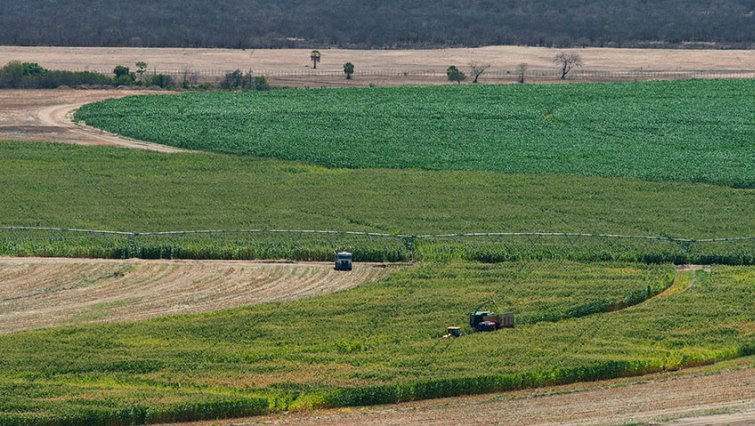The issue of land reform needs to be tackled with sensitivity, sensibility and within the full ambit of the law. While we cannot afford to ignore the issue any longer, neither can we tackle it with recklessness.
When people were stripped of their land during the Apartheid era, the dispossession also removed people’s wealth and bargaining power.
Redress is necessary, but it is equally necessary for government to tackle the issue of expropriation without compensation (EWC) with extreme caution and exercise it carefully and with respect for the law. In that sense, it’s critical that the courts play a key role. Policy must be devised in conjunction with the courts and the courts must be allowed to determine remedies in accordance with the law.
What is often overlooked in the discussion on land restitution is that, if properly addressed it must include land ownership and usage. This presents a real, tangible and sustainable mechanism for long-term economic reform in South Africa. A 2018 World Bank report identified land reform as a critical factor in addressing South Africa’s economic challenges.
What is critical, though, is undertaking land reform without damaging investor confidence in the country. The recent gazetting of the Expropriation Bill of 2020 is part of the work of government in ensuring that comprehensive land redistribution for agricultural purposes, human settlements and industrial development is implemented.
The reality is that the effects of the Apartheid government’s land dispossession have still not been fully addressed and this has served to entrench and increase the vast disparity between the haves and the have nots. This inequality is a fundamental element of our economic crisis that preceded the COVID-19 pandemic.
Property rights and ownership of property through title deeds lead to access to finance and economic participation. Those without it will continue to be severely disadvantaged. How do we ensure that we have a country of economically active citizens when they have no legitimate property or a share in a formal property? In 2020 it is to our country’s shame that we still have so many displaced people living in informal dwellings with no title deeds. That means, you cannot get a loan, your child cannot have access to schooling and it’s extremely difficult to secure a job. Yet this is where we find ourselves as a country.
While the COVID-19 pandemic has shone a harsh light on many social ills, it has particularly highlighted the critical issue of food and food security, both globally and in South Africa. Food security will, in the coming years, be further threatened by global warming. While South Africa does not lack resources, they have not been well managed.
Deputy President David Mabuza said with regards to the gazetting of the Expropriation of Land Bill, that: “The publication of this important Bill is a cogent indication that government is indeed at work to realise redress and fulfill the aspirations of the people to have an equitable society. It is a recognition of the urgency required to address the injustices of the past and restore land rights in a responsible manner, whilst ensuring that food security is maintained; that equitable spatial justice is achieved, and that continuation of investment to expand our industrial base is secured.”
Land reform could present a very real opportunity to address food security. Particularly, if handled sensibly, it could open opportunities for small-scale farming. Agriculture in South Africa has perhaps been too focused on large-scale farming.
Ben Cousins, Emeritus Professor in Poverty, Land and Agrarian Studies at the University of the Western Cape, led a recent study commissioned by the government and funded by the European Union. It was conducted by experts from different institutions and focused on the potential contribution of redistributive land reform to employment creation.
The study highlights how supporting small-scale farming initiatives, particularly in rural communities, facilitated by granting ownership of the land, would change the very structure of these micro-economies while also providing employment opportunities. There could be a split between crops for local consumption to address food security, hunger and poverty in the community, and then excess crops can be used for sale to wider markets.
Such localised, small-scale farming projects throughout the country would then be developed into a nationwide network that would encourage growth of an entire supply chain, which creates further employment opportunities. Thus, land reform would contribute to the ecosystem of a successful economy.
What is critical, though, is the need to begin. We fear untoward delay because government has historically been terrible at implementing policies and land redistribution could be particularly problematic because it cannot be done in isolation by one single ministry. It combines the agriculture, land reform and rural development department, home affairs, water affairs and the justice department.
It will also require support and investment from the business community. Government will need to show some uncharacteristic creativity to expedite the process, but it can be done.
What is not in question, however, economic success depends on the proper implementation of land reform.
Tebele Luthuli is the MD of Business Against Crime South Africa and Director of Policy and Legislation at Business Leadership South Africa


